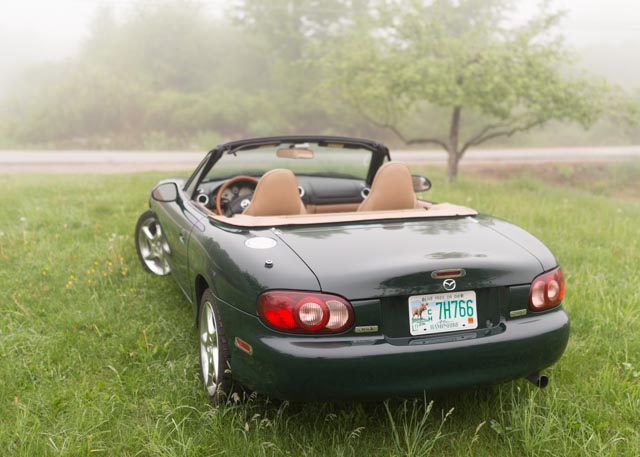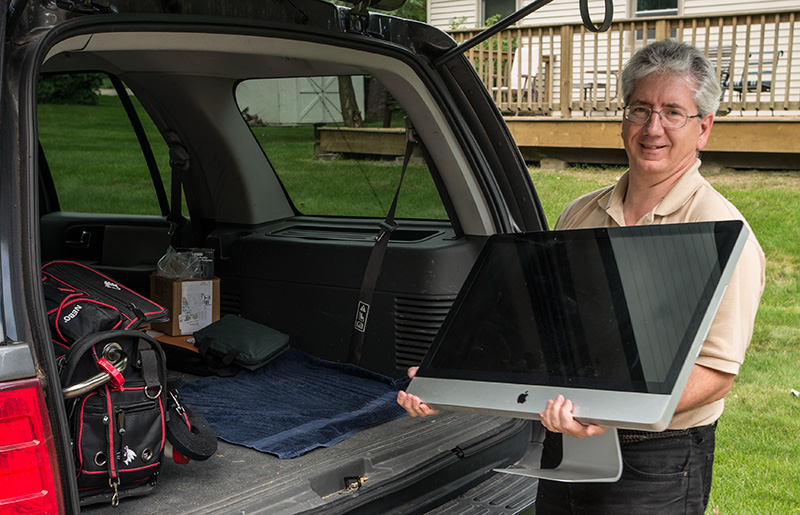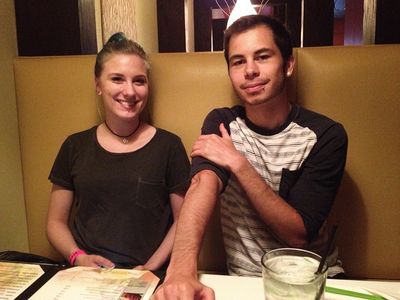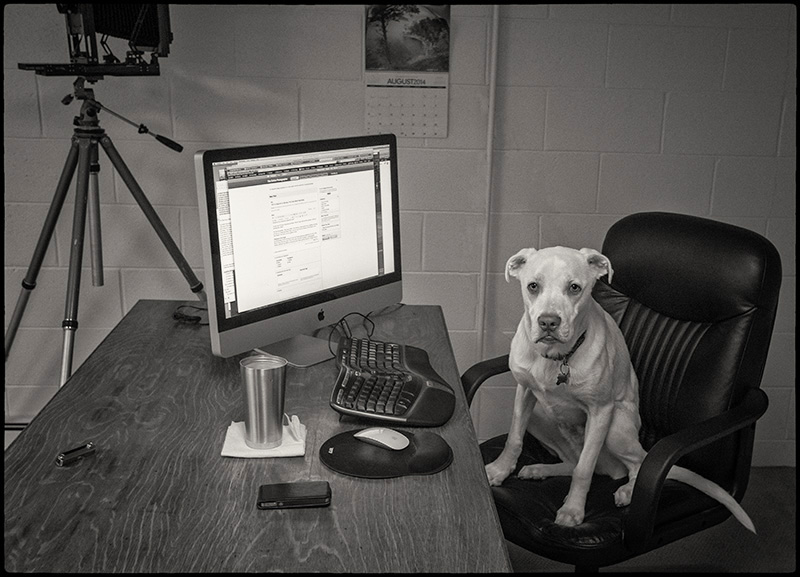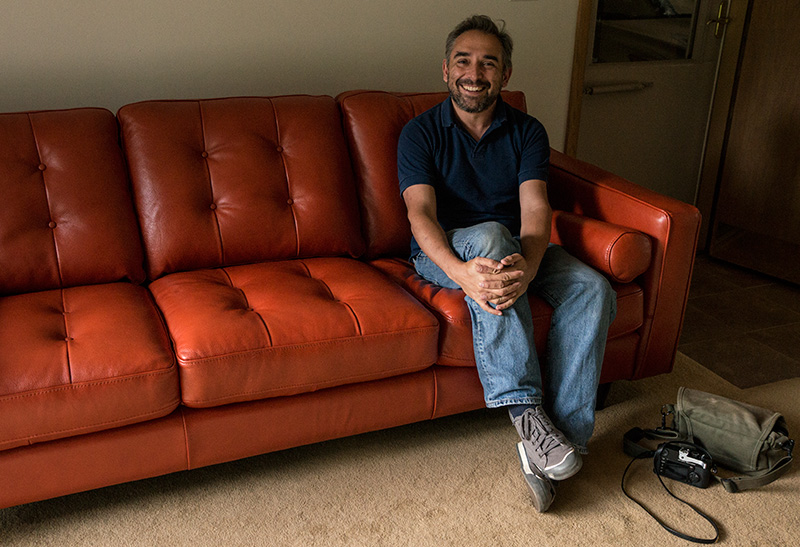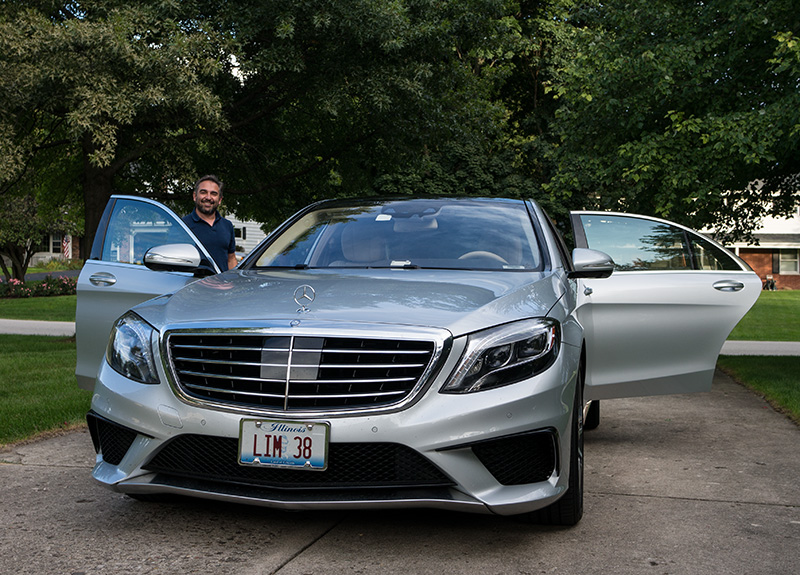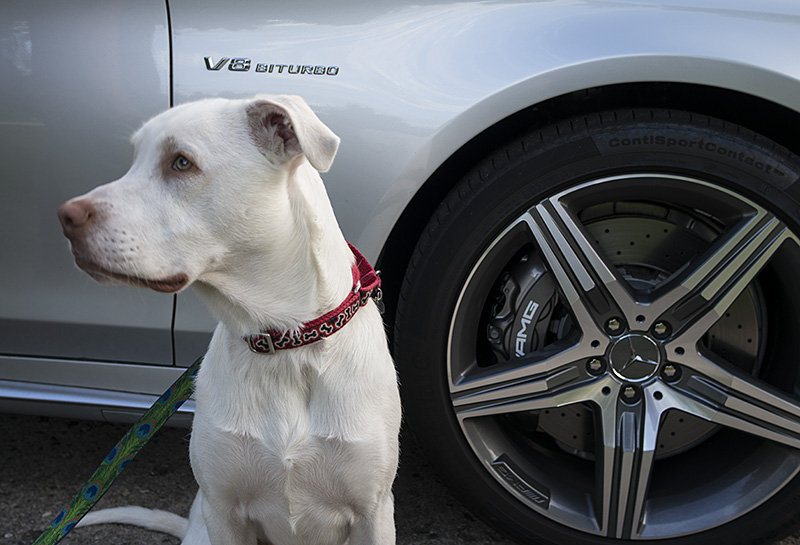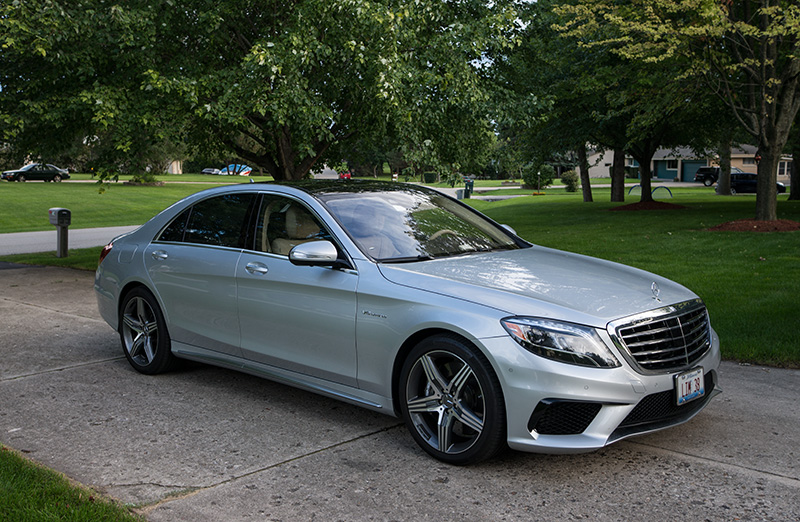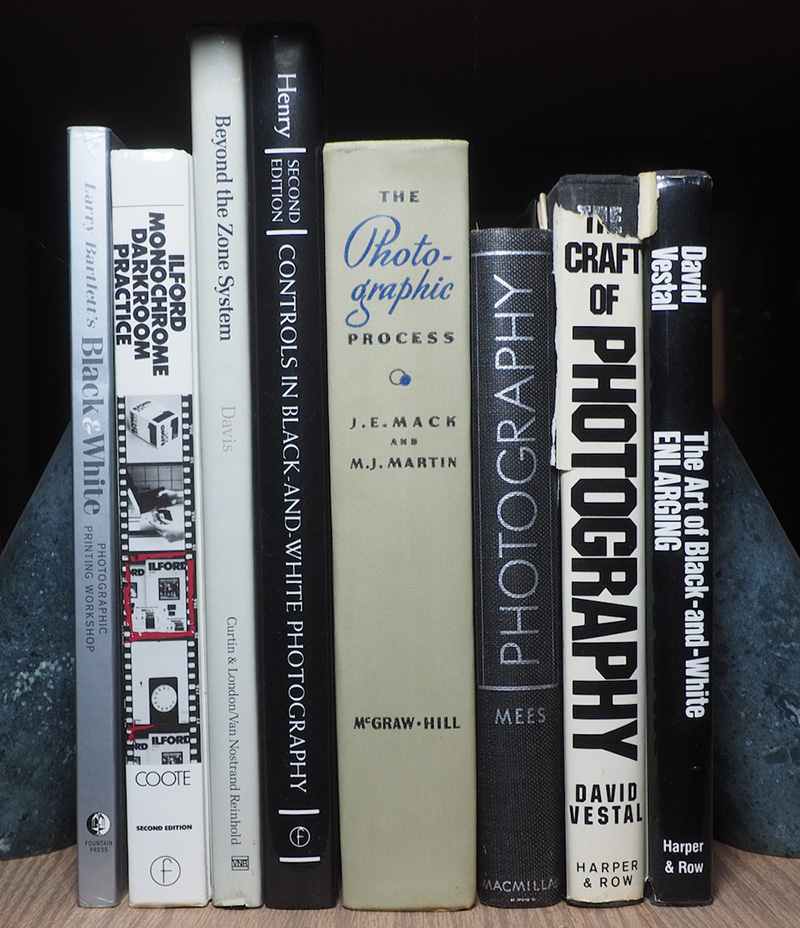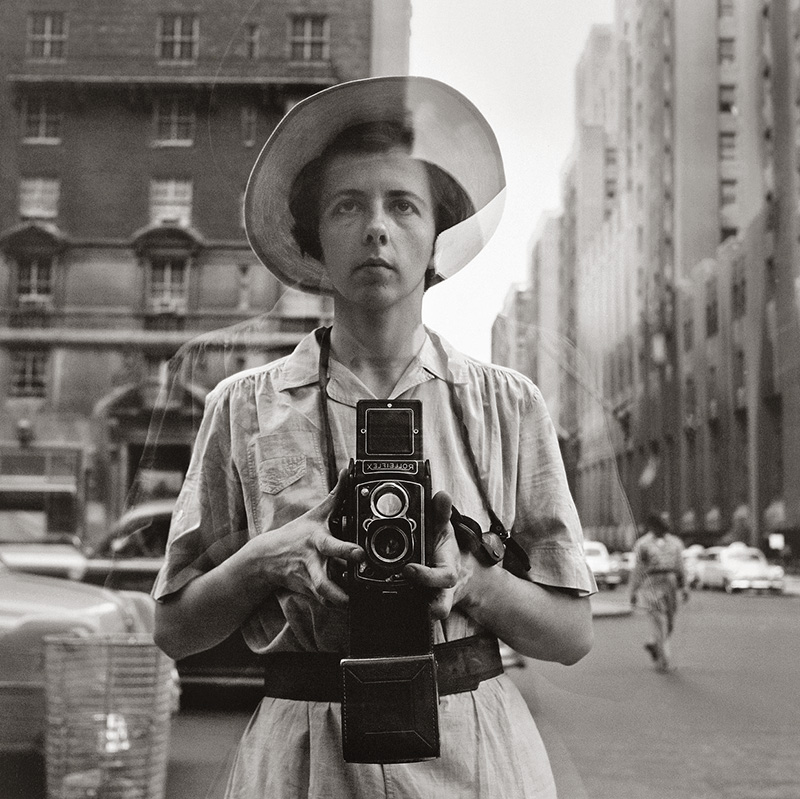 Vivian Maier self-portrait. Photo from the Maloof Collection.
Vivian Maier self-portrait. Photo from the Maloof Collection.
It's possible we might have seen the last of the lady in the reflection for a while.
I received what was subject-lined an "important and sad message" a few mornings ago from Jeff Goldstein, one of the holders of rediscovered photographer Vivian Maier's archives.
"Please note that we are shutting down our Vivian Maier office space immediately," Jeff wrote, "and the reason for this unexpected haste can be read about in today's, Saturday, New York Times.
"The potential legal conflict ahead is of a nature where it is better for us to fold and go into a sleep pattern until this is resolved. As the article mentions, it could be two years (or more)...thanks for the shared experience with Vivian Maier and her work."
The article, which can be found here, begins, "a court case in Chicago seeking to name a previously unknown heir is threatening to tie [Maier's] legacy in knots and could prevent her work from being seen again for years." The potentially tangled case involves a former commercial photographer and lawyer named David C. Deal, and one "very, very surprised" Frenchman.
Note that John Maloof, the holder of the largest part of the archive, has already settled with one potential heir.
The fascination of this story never ends...it's almost to photography pundits and bloggers what Toronto Mayor Rob Ford is to late-night comedians.
John Maloof, Ron Slattery, and Randy Prow were the original buyers of her archives from the storage-locker auctions. Goldstein bought his holdings from Prow.
For my part, I can only say that I've been impressed with what I know of the work John and Jeff and others have been doing to preserve, promote, and—most of all—to respect Vivian's work. Yeah, they're making money from it, but good for them—they've invested a hell of a lot, too, in time, effort, care, and self-education. The important thing is the work, and in that sense Vivian was incredibly lucky that it was John Maloof who happened to buy most of her work that fateful day in 2009, and that more of it ended up with Ron and Jeff. They have all—John particularly—done a responsible and conscientious job as far as I can see. Maybe I'll will my own archive to John Maloof—who knows, maybe that way you will have heard of me too one day! :-)
Mike
(Thanks to Jeff Goldstein, and Dennis Allshouse and many other readers)
Original contents copyright 2014 by Michael C. Johnston and/or the bylined author. All Rights Reserved. Links in this post may be to our affiliates; sales through affiliate links may benefit this site.
(To see all the comments, click on the "Comments" link below.)
Featured Comments from:
Craig (partial comment): "The funny thing about this is that without Maloof and the others profiting from Maier's work, there would be no awareness of it, it would therefore have no market value, and the existence of distant blood relatives who never even knew her would be completely irrelevant."
Herman: "Sounds like a bad Deal."
Andy Kochanowski: "Herman—comment of the day.
"But the issue of monetization of a third-party's intellectual property is important. Putting aside the moral issues, for no one objectively knows if VM wanted to sell her work, the buyers of the negatives took a relatively minor financial risk to get the physical negatives. They took a relatively larger risk in spending the time to decide whether VM's story would indeed be capable of being monetized. Getting the rights to keep the profit from the commercialization is key—Deal is essentially claiming that Maloof didn't get the rights from the right relative, the one to whom the VM estate's copyright would pass by virtue of probate law.
"If you want to look at another uncomfortable intersection of art and law, the heirs to Nazi stolen art are still fighting with museums who ended up with it. Heirs of 1930s Jewish families who had their personal property taken by the Nazis, the same legal position that Deal's French client has, are today still litigating with a number of institutions over return of the works."
Sterling: "I'm of two minds on this. On the one hand, the guys who have curated the work have made Maier famous and are sitting on top of a potentially decades-long revenue stream. On the other hand, we have a way of settling property rights that has to be followed. For example, if John Maloof died tomorrow, his estate would include any interest he holds in the photos. Where would that interest end up? Absent some explicit agreement, it would go to his heirs. Do those heirs deserve it any more than Maier's heirs? No, since both groups of heirs had nothing to do with promoting Maier's legacy. We see this all the time in the modern age of copyright. There's the art of photography that we all love, and then there's the business side. In business, people are always going to squabble over money. Always."
